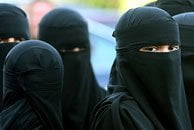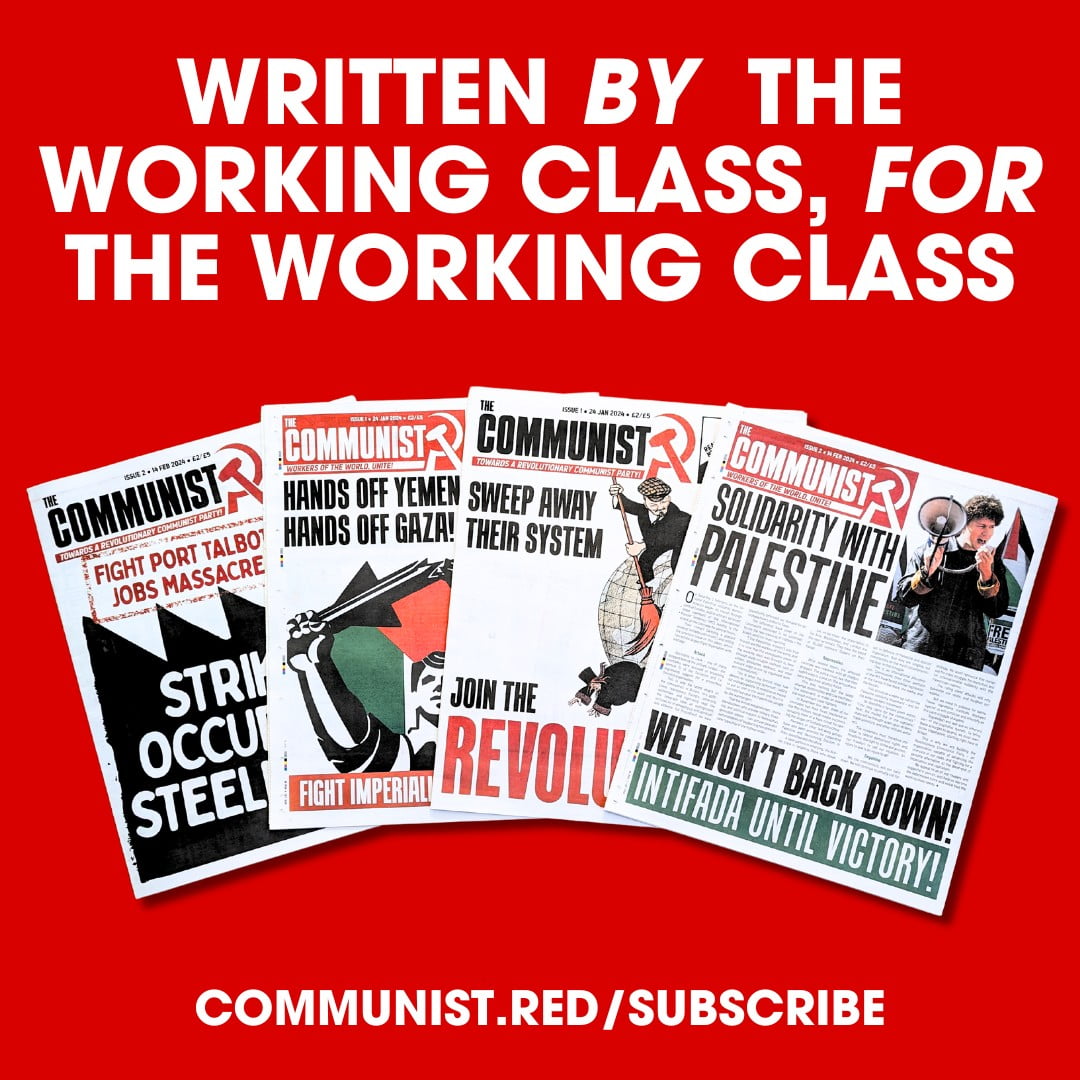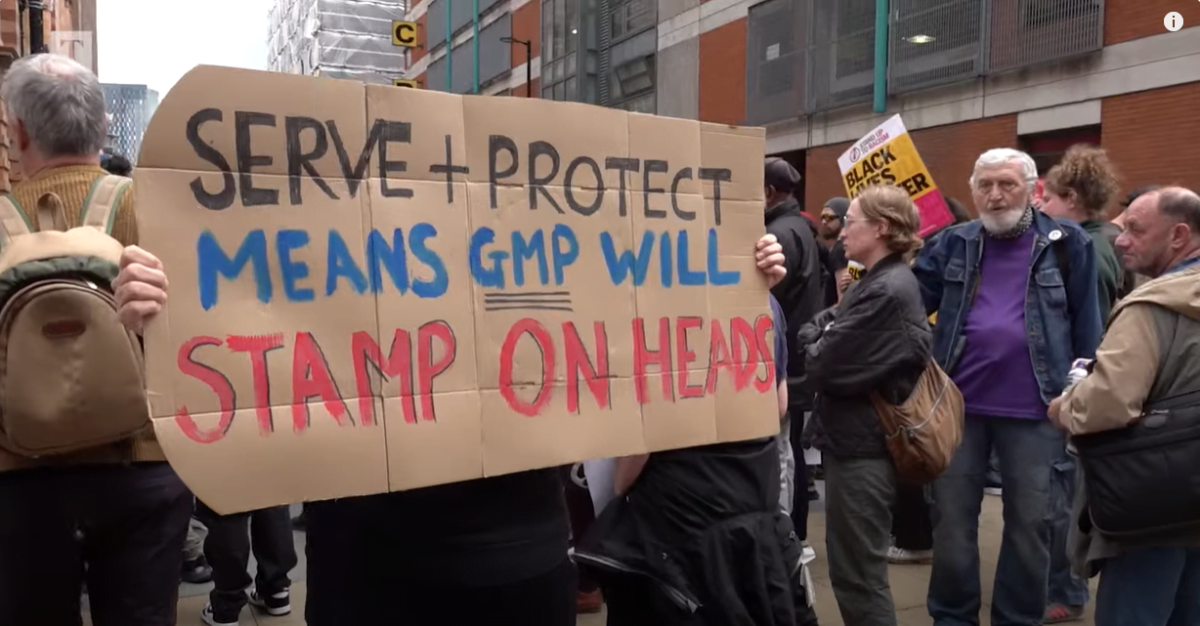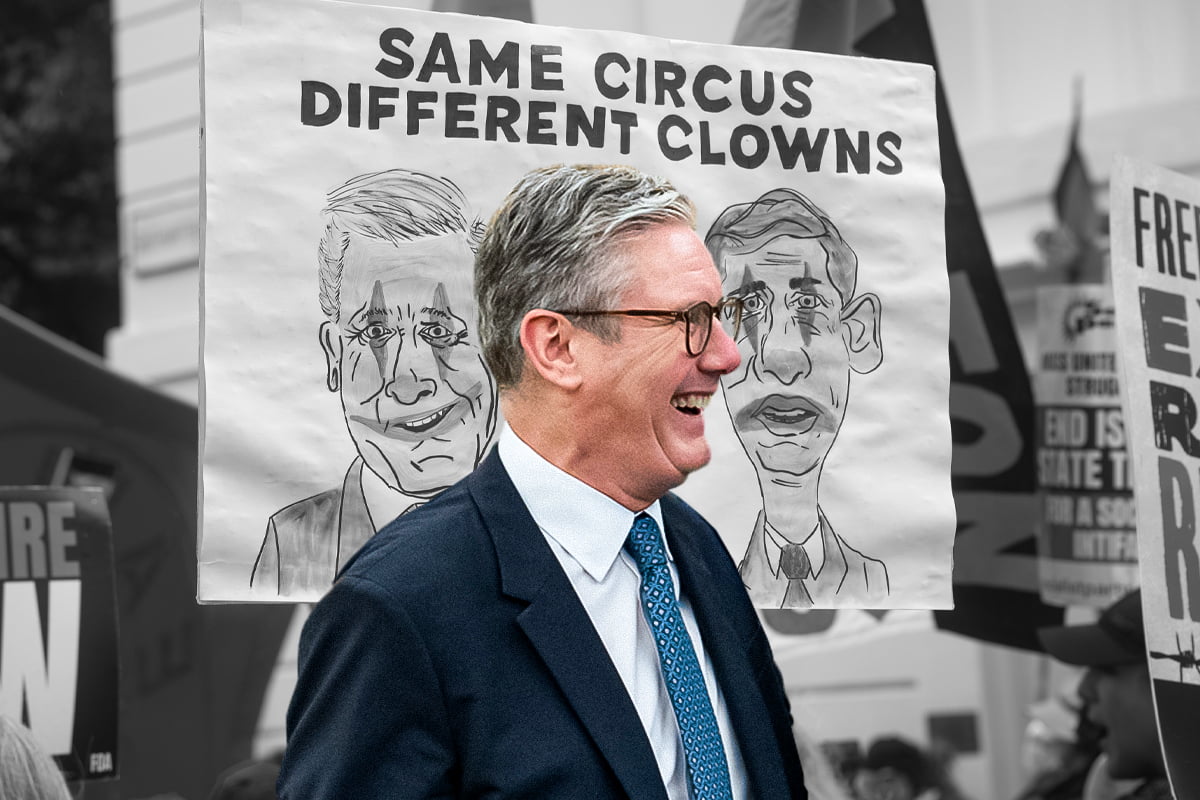Multiculturalism is again under attack. Not just any longer
by fanatics from the British National Party, but by members of the New Labour establishment
Following the bombings on London transport in 2005 Ruth Kelly and David
Blunkett have cast doubts on multiculturalism and called for a ‘British
identity’. Then Jack Straw asked that women Muslims who are in his constituency
remove their veils (the niqab) in his surgery, as he feels uncomfortable with
them. Trevor Phillips, chair of the Commission for Equalities and Human Rights, who backs Jack Straw, has urged for
integration as a way forward, "to stop us from sleep walking into segregation".
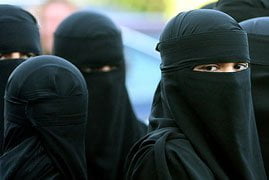 What is multiculturalism? Here Trevor Phillips makes an
What is multiculturalism? Here Trevor Phillips makes an
important point. He says "It is important to differentiate the idea of a
multicultural society which is a fact of life from multiculturalism". We must
defend our multicultural society against reactionaries and bigots. London is
one of the most diverse cities in the world. This fact enriches the lives of all
its inhabitants. Diversity, as Mayor Livingstone says, is to be celebrated. It
is not a new phenonomen. For centuries there have been waves of immigration
into London and other cities in the UK by workers from throughout the world
seeking employment and escape from poverty in their own countries. This has
been actively encouraged by the capitalist class, as these workers have filled
gaps in the labour force – often at cheaper rates. In the 1950s workers came to
Britain from the Indian sub-continent to work at factories such as Wolf’s Rubber
Factory in Southall, where the employers could not recruit as the pay and
working conditions were so bad. Workers came from the Caribbean to work on our
public transport system and in our health service. These workers could easily
be identified as they are black and Asian. The present wave of large-scale
immigration however are white – they are from the eastern European countries
which have recently joined the European Union. All these are part of the
British working class and, as such, their working conditions and welfare are
the concern of the labour movement. The working class in Britain is diverse –
any suggestion that there is a ‘white working class’ separate from ethnic minorities
is reactionary and misguided. The working class has always been diverse, based
on different industries and communities. It is economics – such as the pit
closure programme of the 1980s and 1990s – not immigration which has destroyed
working class communities. However there is in part a reaction against the
concept of multiculturalism – because again to quote Trevor Phillips, "The
philosophy of multiculturalism begins by defining people as different and then
treating them differently."
The strategy of multiculturalism had its roots in the riots
of the 1980s. Discontent amongst ethnic minorities in areas such as Southall
and Brixton had to be managed and controlled. This was to be done by ethnic
monitoring, funding to interest groups and encouraging separate development by
communities. This was not a class approach. Asian communities for instance have
millionaires and workers on £12,000 a year. The strategy of multiculturalism
would treat them all as the same. Multiculturalism was a top down approach to
tackling racism. It aimed to contain the problem rather than confront it.
The campaign against racism in the 1970s was a political
campaign waged by anti-fascist groups and the labour movement. After an Asian
student was murdered by a white racist in Southall in 1976 a magnificent
demonstration was organised by the Asian community and by local labour movement
organisations such as the trades council and the Labour Party. Its theme was ‘one
race, the human race’. (Although Marxists at the time would have called for ‘one
class, the working class’) – this theme was adopted to emphasise what unites
us, not what divides us. It was a political campaign – in the face of
opposition not just from white racists and members of fascist organisations,
but the ruling class itself. The Tory Party at the time had a racist agenda.
The Tories on Ealing Council, just years after the death of an Asian student in
1976, allowed the National Front to call a so-called public meeting in the
centre of Southall, which now had a majority of Asian residents. This meeting
which led to violence and the death of an anti-fascist demonstrator – Blair
Peach – was a deliberate provocation.
Multiculturalism has been embraced by the establishment –
ethnic monitoring is wide spread in every workplace and diversity toolkits are
provided for staff. But is this is an effective way of combating racism? It is
a managerial approach to a political issue. Many workers from ethnic minorities
still find themselves in low pay ghettos. It also has a fragile base. Embracing
multiculturalism has gone hand in hand with an economic boom in the 1990s where
immigrant workers to fill vacancies have been welcomed by employers. At the
last election, the Confederation of British Industry, the employers’
organisation, had doubts about supporting its traditional party, the
Conservative Party because of the party’s dubious position on immigration. ‘We
need these workers,’ they said – there cannot be restrictions or curbs.
But would this survive a slump as in the 1970s, when with
rising unemployment, immigrant workers were made scapegoats? Racism is not just
about skin colour. Bosnians and Poles could face the same hostility as black
and Asian workers did in previous years.
In these circumstances multiculturalism could become
decidedly flakey. Are we in favour of integration? Yes if it is democratic and
voluntary. Accentuating differences can make minorities vulnerable and confine
them to ghettoes of poverty. Areas inhabited by ethnic minorities who arrive in
this country often have the worst housing conditions. Workers stay in these
areas because they cannot afford to move out and they fear being attacked by
racists. There is security in the ghetto.
But the present threat to multiculturalism does not lie in the
economic situation but has come about as a result of US and British foreign
policy. Wars in Afghanistan and Iraq have gone hand in hand with attacks on
Muslims. They have also had an impact on Muslim youth in Britain. Young people
who were brought up as typical British teenagers have turned to ‘radical Islam’
as a response to wars waged in the interests of US imperialism, which have led
to the slaughter of Muslims in Iraq and
Afghanistan.. Attitudes have hardened on all sides. Some have even been
prepared to kill innocent civilians on a large scale in their home country in
the name of their cause. The events of July 7th in London 2005 in
turn provoked an anti-Muslim backlash. It is in the light of this that Jack
Straw’s comments on women wearing the veil must be seen.
In a multicultural society where differences are to be
celebrated how can one decide what does or does not go? What other forms of
dress can be banned?
Are we not in danger of falling into the trap of behaving in
the same way as religious fanatics in Afghanistan and Iraq? In Iraq women in both Sunni and Shia
communities are persecuted for wearing ‘the wrong’ dress. This is after the
so-called US led ‘liberation’ of the country.
But there was always a problem also with the concept of
multiculturalism. Do you celebrate all differences? What about forced marriages
or female circumcision? The current ongoing debate about the veil, recently extended
to the dismissal of a teaching assistant who insisted in working veiled, has
brought this dilemma to the fore. Behind it lies the oppression of women in
society and the role that religious institutions have played in this. Many of
these practices have not previously been challenged by Labour MPs. Within the
Labour Party itself cultural differences are used as an excuse to turn a blind
eye to practices such as packing meetings. It is only when a scandal emerges
that the Labour leadership has been forced to take some action. In some constituencies, religious and
cultural organisations substitute for Labour Party organisation. This
inevitably gives power and influence to the ‘elders’ in the community, often
enforcing very reactionary ideas which may well be at odds with those of the
young generation.
Multiculturalism cannot be an effective way of fighting
racism. Culture is a complex issue, often justifying traditional attitudes that
are constantly being challenged. Capitalism destroys cultures and tries to
create uniformity. As Darcus Howe said on the subject, "we all shop at TESCOs
now". Is this what we have in common? It maybe one of the activities, which for
better or worse shapes our lives. But what we have in common is that we live
and work here in this country. There is no other definition of a ‘British
culture’. Attempts to define a British culture have been ludicrous and
reactionary.
In the 1970s and 1980s the labour movement was a key factor
in life in the UK. It was through the labour movement that workers of ethnic
minorities have been integrated in the past and through which present and
future layers will be integrated.

